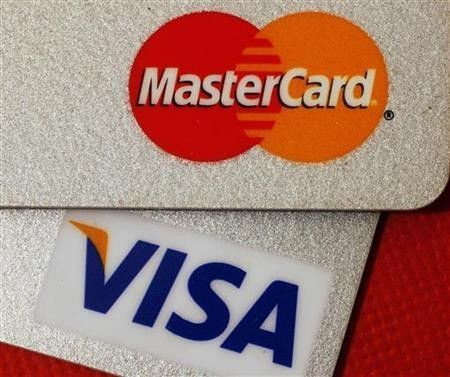Credit Card Debt 101: How To Get Yourself Back On Track

Credit cards are simple, convenient and tempting, which is why thousands of people fall into credit card debt and hurt their financial status permanently. It is important to determine the risks involved and put yourself back on track when falling behind on your payments. Here are some tips on how to be credit card debt-free for life.
1. Get your credit rating
There are three main companies where you can get evaluated regarding your credit scores, such as Experian. Get your credit rating from these institutions to determine how well you are faring in your debt payments and how much debt you have accumulated in the past years. Your credit score will also determine if you are a good credit card payer or not. Forbes.com advised that if there are items you wish to dispute regarding your rating, you can write the consumer reporting company.
2. Keep one credit card only
Having several credit cards only increases the temptation to spend money you do not have. Leave only one credit card and cut up the rest. Also set a maximum limit on the lone card. This will curb your spending and prevent you from shopping compulsively.
3. Plan your spending
The people who are out of credit card debt usually plan when to use their credit cards. They still set a budget as if they were carrying cash. Some people use their credit card for emergency purposes only and pay in cash at all times to see hard-earned money actually being spent. Bank of America also advised that when paying credit card debts each month, pay in full or more than the minimum to avoid excessive interest rates.
4. Stop online shopping
Browsing for things on the internet can be as dangerous as window shopping. There are quick and easy steps provided by online sellers to convince you to shop via your credit card. Many people fall deep into debt because they cannot stop buying things they do not need as advertised on the web.
5. Have someone keep your credit card
You may have your spouse hold the credit card. Consult your partner whenever you are thinking of purchasing something with it. You can get sound advice from someone who is not as interested in purchasing. Similar to buying items in cash, it will be better if you delay the purchase for a few days to decide whether you still want to spend on these.





















